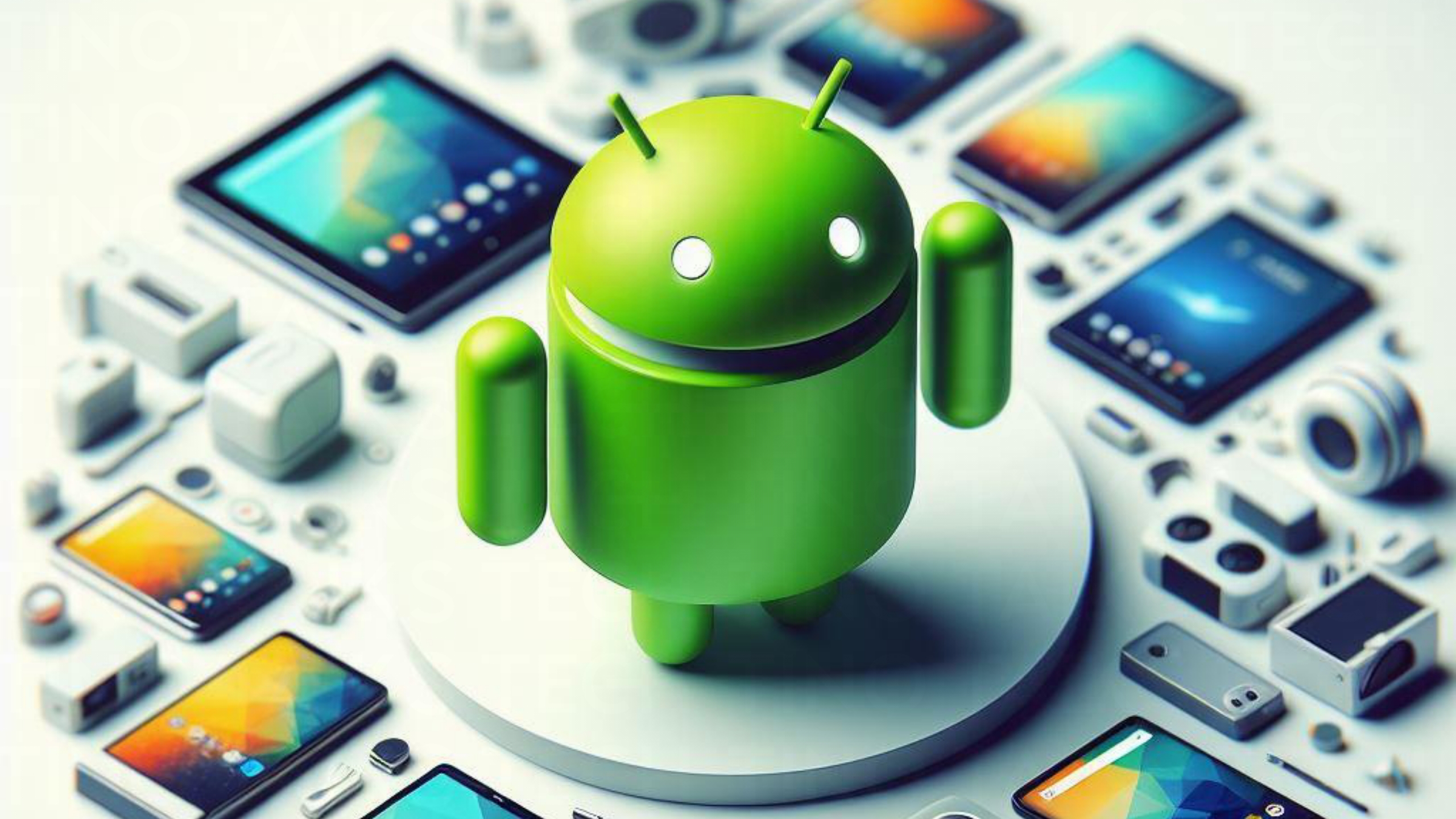
In the world of technology, ecosystems are akin to solar systems, with devices orbiting around a central user experience. At the heart of Apple’s ecosystem lies the iPhone, a device that has become synonymous with the brand’s identity. This ecosystem is meticulously designed to ensure that each Apple device complements the others, creating a seamless experience for users who are fully invested in the brand’s universe. It’s a walled garden, where the harmony of use is preserved by the exclusivity of Apple’s products.
What is Brand Loyalty
Brand loyalty is more than a preference; it’s an emotional bond between consumers and their chosen brands. It’s the trust in a logo, the comfort in a user interface, and the familiarity of a service that keeps users coming back. In Apple’s case, brand loyalty is fostered through a combination of innovative design, user-friendly interfaces, and a reputation for reliability. But this loyalty comes with a caveat: to fully enjoy the benefits of the ecosystem, one must commit to Apple’s hardware exclusively.
Android: The Democratic Ecosystem
Android is by far the people’s champion of operating systems. Its open-source nature has paved the way for a diverse range of devices from various manufacturers, all united under the Android banner. This is where Android shines – it’s not just an operating system; it’s a tapestry woven from multiple threads, each representing a different brand. You could be texting on a OnePlus phone, drafting an email on a Galaxy laptop, listening to music through Nothing earbuds, tracking your fitness on a Xiaomi watch, and sketching on a Pixel tablet – all within the Android ecosystem.
The beauty of Android lies in its inclusivity. Unlike Apple’s closed ecosystem, Android doesn’t chain you to a single brand. It celebrates choice and caters to personal preference, all while maintaining a cohesive user experience. It’s not the same as using devices from one company, but it’s efficient in its own right.
The Heart of Android Loyalty
In the Android ecosystem, brand loyalty is a matter of personal taste. It’s determined by what feels right in your hand, what fits your lifestyle, and what meets your needs. You’re not obligated to pledge allegiance to a single brand; instead, you’re free to mix and match, creating a custom tech symphony that plays to your rhythm.
Yet, for those who crave a more streamlined experience, brands like Samsung and Google offer their own ecosystems within the Android universe. These ecosystems, like the Samsung Galaxy suite or the Google Pixel range, provide a more seamless experience that rivals, and some might argue, surpasses that of Apple’s, thanks to Android’s customizable nature.
Conclusion
In conclusion, the Android OS doesn’t just unite brand ecosystems; it redefines them. It offers a freedom of choice that fosters brand loyalty based on personal preference rather than obligation. Whether you’re a fan of Samsung’s integrated experience or Google’s pure Android vision, or you prefer to curate your own mix of devices, Android accommodates it all with grace and flexibility. It’s a testament to the power of open-source innovation and the endless possibilities it brings to our connected lives.